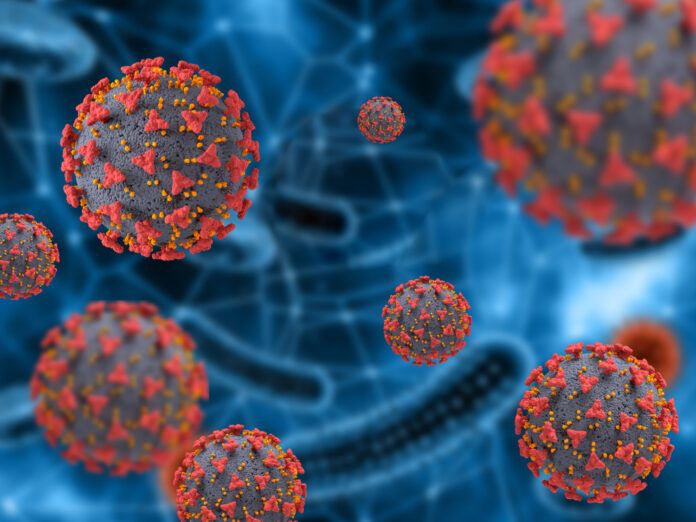From varied immune responses to the Quest for seasonality, insights into COVID-19 continue to grow
Four years since the World Health Organization declared COVID-19 a global pandemic, the scientific community has made groundbreaking strides in understanding the intricacies of the virus. This exploration delves into the nuanced discoveries about COVID-19, revealing the depth of knowledge gained about its transmission, immune response, peculiar symptoms, potential seasonality, impact on children, and the long-term effects known as long COVID-19.
Embed from Getty ImagesThe Spectrum of Covid-19 Experiences
Individual Responses to Infection
The journey through Covid-19 is uniquely personal, with experiences ranging from asymptomatic to severe. The variability can be attributed to factors such as viral load, individual health, and the body’s immune response. Older individuals or those with underlying health conditions often suffer more severe symptoms, highlighting the importance of vaccination in mitigating illness severity.
The Phenomenon of Superdodgers
The concept of ‘super dodgers’—people seemingly impervious to Covid-19—has intrigued scientists. Beyond vaccination and preventive measures, genetic research points towards the human leukocyte antigen system’s role in some individuals’ ability to avoid symptomatic infection, suggesting a complex interplay between genetics and immunity.
Transmission: The Airborne Reality
Debunking Surface Transmission Myths
Early pandemic responses emphasized surface cleaning to prevent COVID-19 transmission. However, research has clarified that airborne transmission, particularly through aerosols, is the primary mode of spread. These tiny particles, capable of lingering in the air and traveling beyond six feet, underscore the importance of ventilation and masks in mitigating spread.
Duration and Quality of Immunity
Immunity’s Lifespan After Infection or Vaccination
Immunity to COVID-19 acquired either through infection or vaccination, varies in duration due to factors like age and health. The immune system’s arsenal includes antibodies, B cells, and T cells, each playing a role in combating the virus. While antibody levels may decrease over time, T-cell immunity offers a longer-lasting defense, highlighting the layered complexity of immune protection against Covid-19.
Unpacking Covid’s Unique Symptoms
Investigating Neurological and Sensory Symptoms
Covid-19’s array of symptoms includes unique manifestations like loss of smell and “Covid toe.” These symptoms are often linked to the virus’s interaction with ACE2 receptors and the subsequent immune response, which can inadvertently affect nerve cells and lead to these atypical presentations.
Exploring the Potential Seasonality of Covid-19
Seasonal Influence on Virus Transmission
The hope for seasonal dips in COVID-19 transmission has not materialized as expected. While factors like indoor gathering and humidity levels influence transmission potential, COVID-19 has surged during various seasons, suggesting that its spread is not strictly seasonal.
Children’s Unexpected Resilience to Covid-19
Understanding Why Children Are Less Affected
Children’s relative resilience to severe Covid-19 outcomes has been a silver lining. This phenomenon is partly attributed to their frequent exposure to other coronaviruses and a robust innate immune response, offering insights into the adaptive capabilities of the immune system across different age groups.
The Persistent Puzzle of Long Covid
Long Covid: A Multifaceted Challenge
Long Covid remains one of the pandemic’s most baffling aspects, with sufferers experiencing a range of symptoms long after the acute infection has passed. Theories suggest that ongoing immune reactions, viral persistence, and vascular damage contribute to this condition, emphasizing the need for comprehensive long-term care strategies.
As we continue to navigate the complexities of Covid-19, the scientific community’s dedication to unraveling its mysteries underscores the importance of ongoing research, public health efforts, and global cooperation in addressing this unprecedented challenge.
